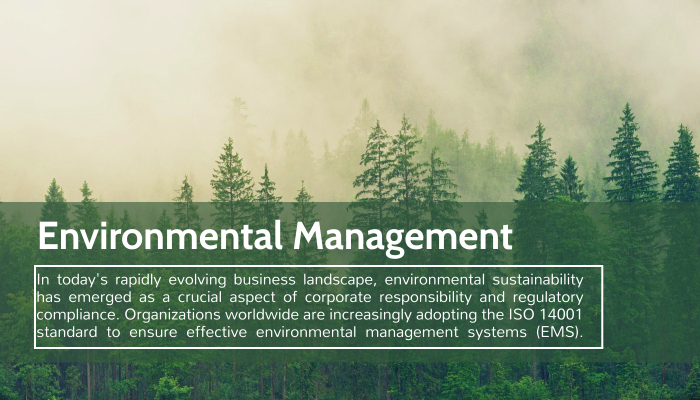In recent years, the role of safety officers has seen a remarkable surge across various industries globally. This increase is more than a statistical anomaly; it represents a substantial shift in how businesses approach workplace safety, risk management, and regulatory compliance. This article explores the key drivers behind the rise of safety officers, the benefits they bring, and the broader implications for both businesses and employees.
The Driving Forces Behind the Surge
1. Stricter Safety Regulations
One of the most significant factors contributing to the global rise in safety officers is the tightening of safety regulations. Governments and regulatory bodies worldwide are implementing more stringent safety standards to protect workers and reduce workplace accidents. These regulations require businesses to be more diligent in their safety practices, making the role of safety officers indispensable. Safety officers ensure that companies not only comply with these regulations but also proactively address potential risks before they become issues.
2. Increased Awareness of Occupational Health
There is a growing recognition of the importance of occupational health, which extends beyond physical safety to include mental well-being. This expanded focus on health hazards has driven companies to hire safety officers who can manage a broader range of safety concerns. These professionals are crucial in identifying and mitigating both physical and psychological risks in the workplace, thereby enhancing overall employee health and productivity.
3. Complex Compliance Requirements
As businesses operate on a global scale, they encounter a diverse set of compliance requirements. Different regions have varying safety regulations, and navigating this complex landscape can be challenging. Safety officers are essential in ensuring that companies meet international standards while adhering to local regulations. Their expertise helps prevent legal issues and fines, allowing businesses to focus on their core operations.
4. Technological Advancements
The integration of new technologies into the workplace introduces new safety challenges. From advanced machinery to digital monitoring systems, technological innovations can pose unique risks. Safety officers play a key role in managing these new technologies, ensuring that they are used safely and that any associated risks are mitigated. Their ability to stay updated on technological trends and their implications is crucial for maintaining a safe work environment.
5. Emphasis on Mental Health
The modern approach to workplace safety includes a strong emphasis on mental health. High stress levels, burnout, and other psychological issues are now recognized as critical factors affecting employee well-being. Safety officers are increasingly involved in creating supportive environments that address these concerns. By implementing programs and policies that promote mental health, safety officers contribute to a more comprehensive safety strategy.
Benefits of Employing Safety Officers
1. Reduction in Workplace Incidents
One of the most direct benefits of having safety officers is the reduction in workplace incidents and accidents. Through regular safety audits, employee training, and incident investigations, safety officers help identify potential hazards and implement measures to prevent accidents. This proactive approach significantly reduces the number of workplace injuries and fatalities, creating a safer environment for all employees.
2. Enhanced Compliance and Reduced Liabilities
Safety officers play a crucial role in ensuring that companies comply with safety regulations, which helps mitigate legal liabilities. Their expertise in navigating complex safety laws and regulations reduces the risk of non-compliance, which can result in substantial fines and legal challenges. By maintaining high safety standards, safety officers protect organizations from costly legal issues and enhance their reputation.
3. Improved Employee Morale and Productivity
A safe work environment contributes to higher employee morale and productivity. When employees feel secure and valued, they are more likely to be engaged and perform effectively. Safety officers help create a positive work culture by addressing safety concerns promptly and implementing measures that enhance employee well-being. This not only boosts morale but also contributes to a more efficient and productive workforce.
4. Cost Savings
Investing in safety officers can lead to significant cost savings over time. Fewer accidents and injuries translate into reduced medical expenses, lower insurance premiums, and less downtime. By preventing costly incidents and improving operational efficiency, safety officers help companies achieve substantial financial benefits in addition to enhancing safety.
Implications for Businesses and Employees
For businesses, the rise in safety officers represents an opportunity to strengthen their safety culture and operational effectiveness. By investing in safety officers, companies can ensure compliance with evolving regulations, minimize risks, and build a positive reputation for valuing employee safety. This investment not only protects the workforce but also enhances overall business performance.
For employees, the presence of safety officers means a more secure and supportive work environment. With comprehensive safety measures and protocols in place, employees can work with greater confidence and focus. The emphasis on both physical and mental health creates a workplace where employees feel valued and protected, contributing to their overall satisfaction and well-being.
Conclusion
The global increase in safety officers reflects a significant shift towards prioritizing workplace safety and compliance. As industries face evolving challenges and stricter regulations, the role of safety officers becomes increasingly vital. By understanding the drivers behind this trend and the benefits of employing safety officers, organizations can navigate the complexities of modern safety standards and foster a resilient, productive workforce. The commitment to safety not only enhances employee well-being but also positions businesses as leaders in responsible and effective risk management.



